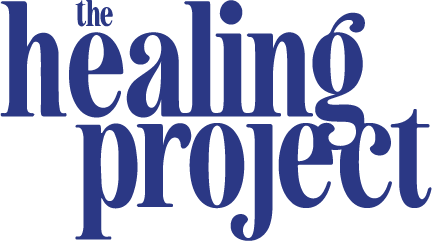
ABOUT
MISSION
The Healing Project partners with individuals impacted by structural violence to create artistic works, collective healing spaces, and advocacy initiatives that drive narrative and systemic change.
VISION
We envision a world built around healing rather than punishment, where systems of violence are replaced with systems of care.

VALUES
CALL & RESPONSE
Rooted in the radical tradition of Black music and organizing, we practice call-and-response with our collaborating communities and artists. This means making choices that best reflect the needs of our communities. It also means making artistic work with deep emotional resonance and transformational ideas; work that counters stereotypical and harmful narratives often perpetuated in mainstream media. Within the framework of call-and-response, everything is relational—from our interview-based creative question practices to our healing rooms to our performance work and beyond.
DURATION
Understanding that abolitionist work extends before and beyond our lifetimes, we are committed to stretching time, creating a container for long-term, sustainable outcomes. This principle is a counter to the current culture of speed and spectacle. We seek to be in relationship with the durational practices of consistency, community-building, care, and craft.
REFUSAL
We believe in the active and vocal rejection of systems and practices that uphold and celebrate violence. Liberation requires saying no to anything that perpetuates the prison industrial complex and other structures of confinement, surveillance, and policing. We refuse carceral narratives that paint people as either “good” or “bad,” “guilty” or “innocent,” “deserving” or not. In refusing to accept punishment, extraction, and binaries as the norms, we assert the right to imagine a different world with different narratives.
BEAUTY
When we envision an abolitionist future, we see beauty everywhere. We believe it has the power to inspire human flourishing and spiritual transformation; and that it plays an integral role in shaping counter-narratives about who survivors of structural violence are and how they exist and endure. We see beauty everywhere and in everyone, knowing that it has the ability to communicate worth and integrity to those who experience it.
PROCESS
We choose care over punishment in all our work. We bring intention to how we create, connect, and move together. Through tenderness, we foster compassion, own our setbacks, and build the meaningful relationships that make healing and transformation possible. We trust in the judgment of each other, our collaborators, and the people impacted by structural violence; we recognize that everyone is an expert in their own life, and we value their experiences and ideas. We honor that the courage to face uncertainty, risk, vulnerability, and emotional exposure is essential for deeper relationships, healing, and impactful leadership. Process matters as much as outcome—our relationships and art are the practice, not just the means.
IMAGINATION
Our imaginative vision is inspired by the concept of “otherwise possibilities,” a term created by the scholar Ashon Crawley to “announce the fact of infinite alternatives to what is.” In other words, music and art can provide a space for us to collectively imagine a new way forward together, and to encounter and embody that new way in real time.
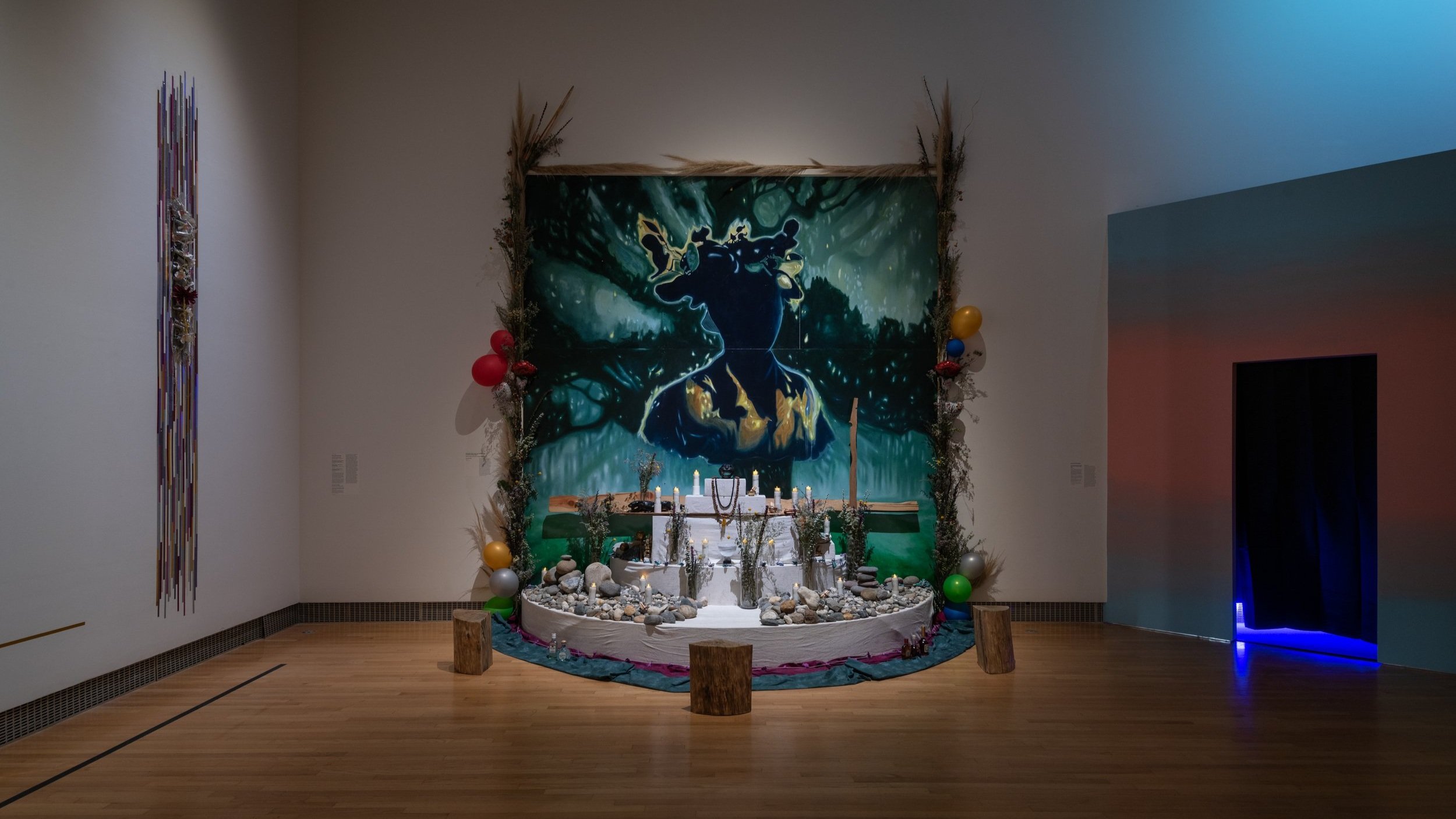
ORIGIN STORY
The Healing Project was conceived in 2014, when artist and activist Samora Pinderhughes set out to interrogate systemic oppression and articulate paths to individual and communal healing by bringing together the stories of people impacted by structural violence.
At the time, Pinderhughes was studying with mentor Anna Deavere Smith, who invited him to make an interview-based artistic work for her Institute on the Arts and Civic Dialogue at New York University. What began as a small experiment of 10 interviews in Oakland, Richmond, and San Francisco, expanded into a six year process of recording testimonials from over 100 intergenerational voices across 15 U.S. states. These conversations reflect the complex realities of trauma in our narrators’ communities while highlighting methods of care that help them survive, recover, and flourish. They serve as the thematic and sonic backbone of The Healing Project’s work.
After completing the interviews, Pinderhughes expanded The Healing Project’s community by inviting world-class artists to create musical and visual meditations responding to the interviews’ central themes. A first set of works from this collective of artists, including a full-length album, short films, museum exhibition, and live concert, premiered internationally in 2022-2023, at institutions including Yerba Buena Center for the Arts and Carnegie Hall. In the years following, alongside an ongoing artistic practice to create new work and present it around the world, we developed community engagement and advocacy programs that activate art in service of societal transformation.
Throughout The Healing Project’s evolution, a diverse advisory board—which includes renowned artists, sociologists, nonprofit leaders, community organizers, and formerly incarcerated people—has guided our growth. Today, The Healing Project provides a searing examination of structural violence in the United States and amplifies our narrators’ powerful stories to illuminate a different way forward. The Healing Project is a palpably empathetic endeavor, uniting those who have been silenced with storytellers to create deeply affecting art and inspire action rooted in connectivity, compassion, and beauty.
TEAM
-
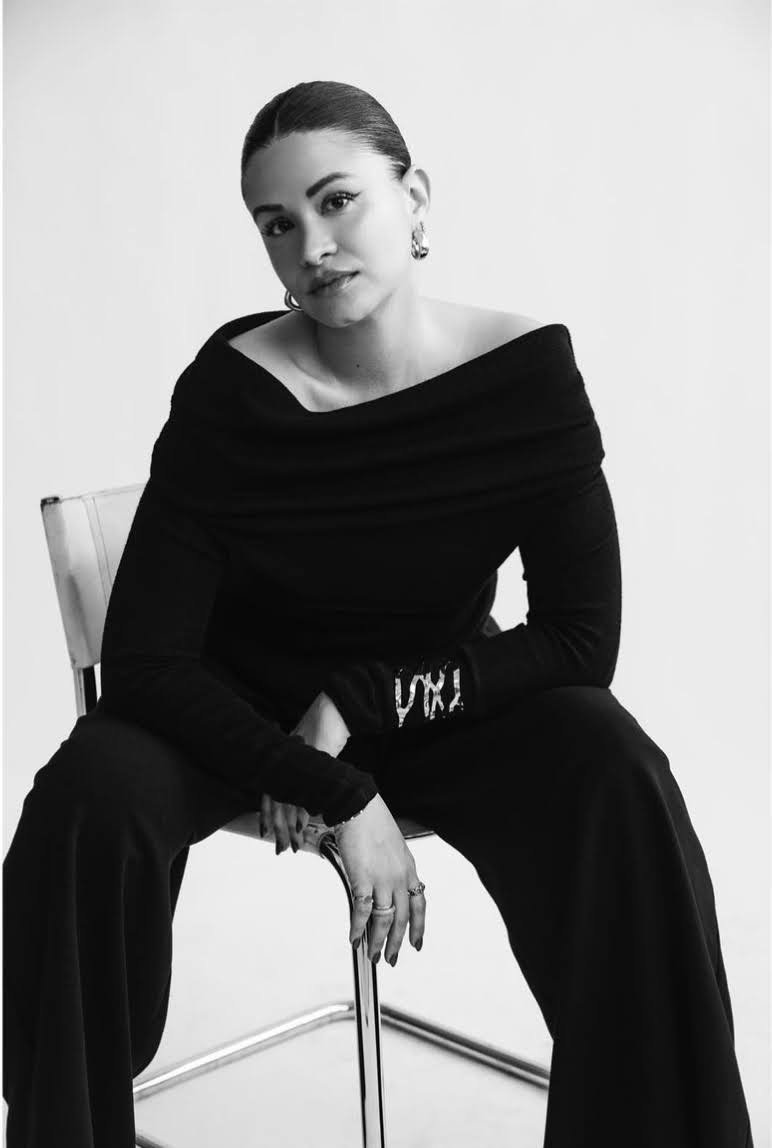
Sue Ariza
Director of Creative Strategy & Communications
-

Jack DeBoe
Head Sound Engineer
-
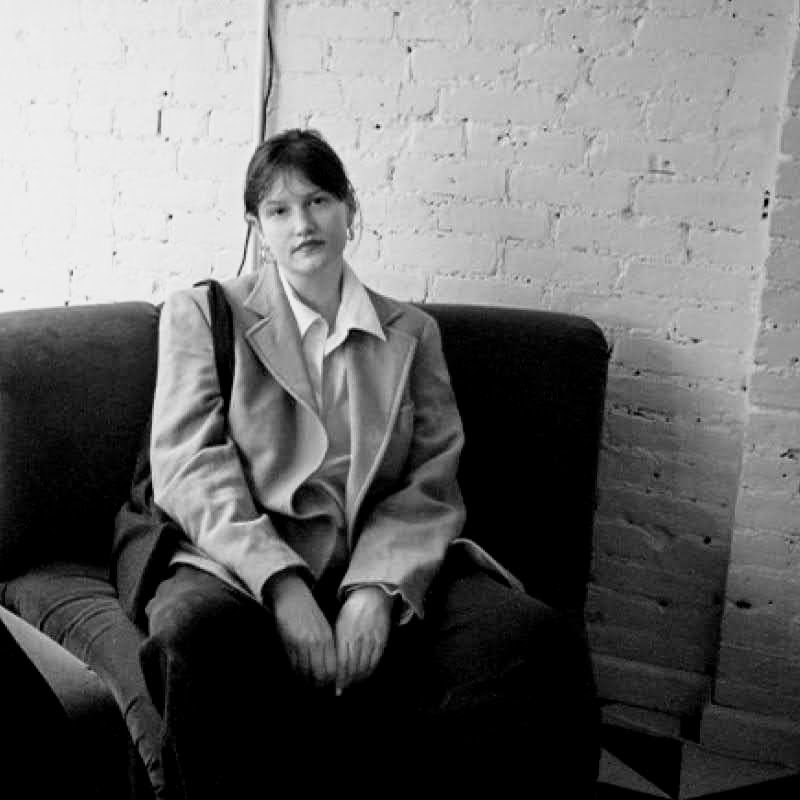
Abigail Glasgow
Editorial & Community Director
-
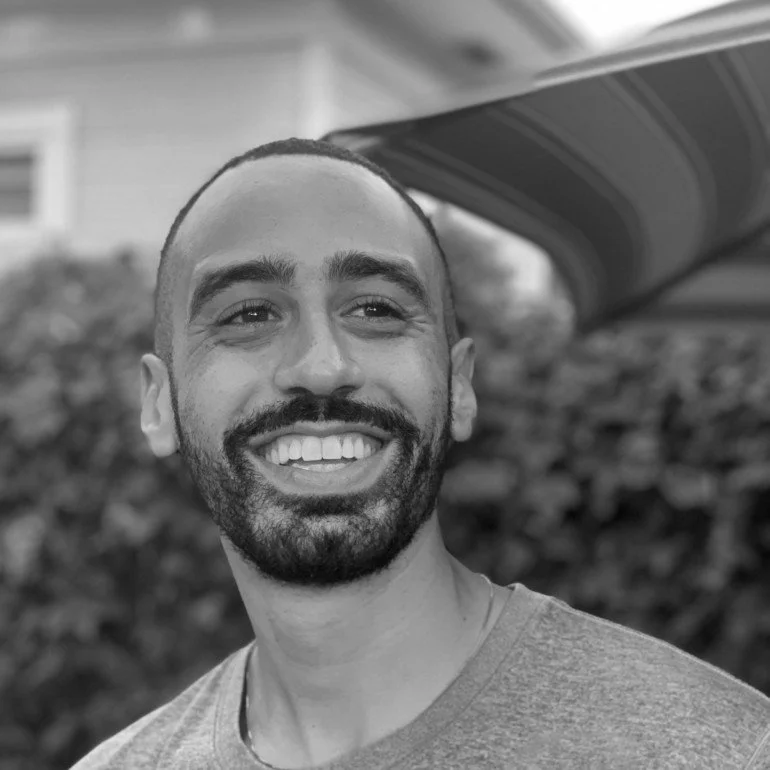
Christian Padron
Head of Film
-

Chris Pattishall
Artistic Producer
-
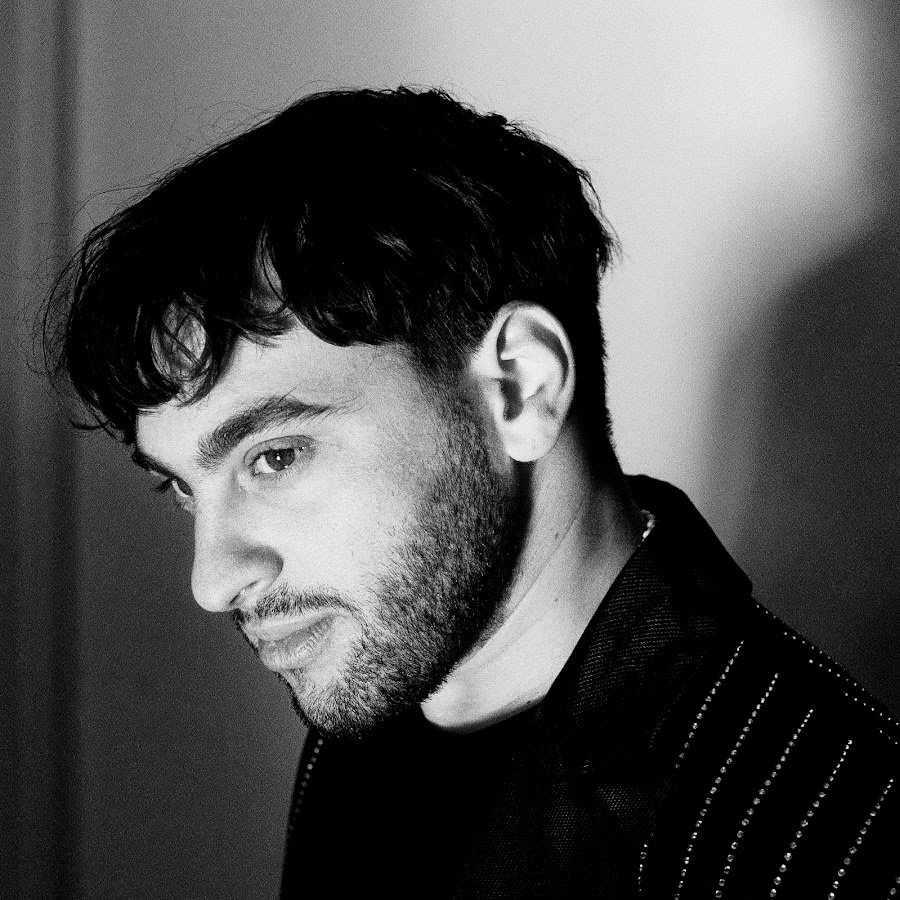
Samora Pinderhughes
Artistic and Executive Director
-

Kayla Ringelheim
Development Director
ADVISORY BOARD
-
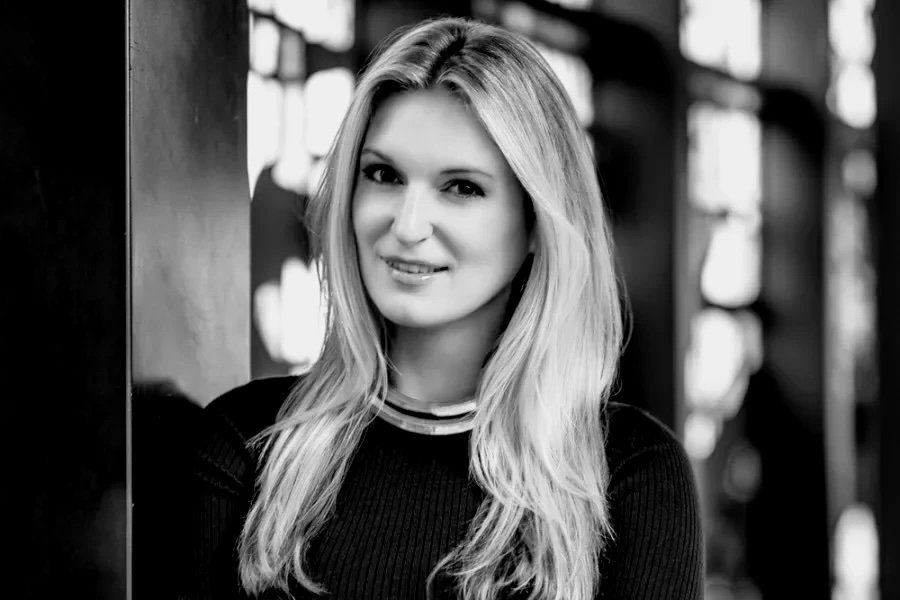
Sarah Arison
President
-
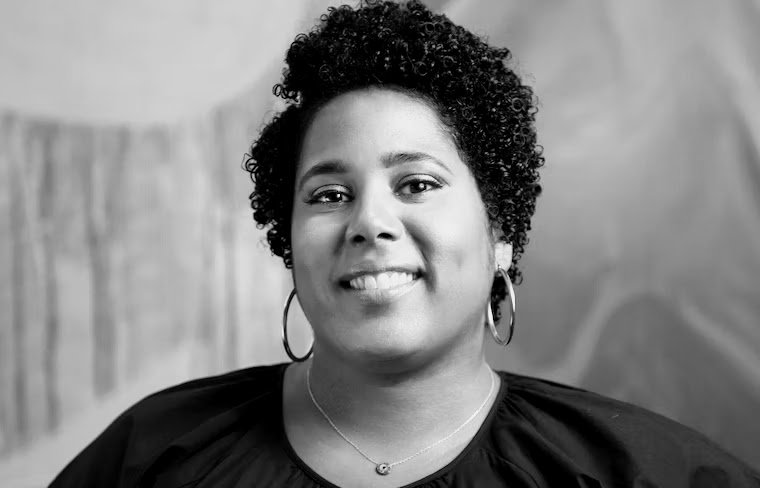
Rashida Bumbray
-
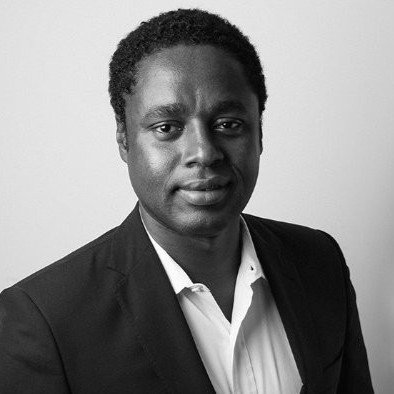
Claude Grunitzky
-
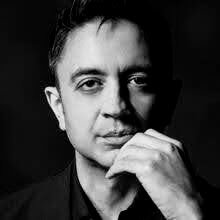
Vijay Iyer
-

Colleen Keegan
-

Glenn Ligon
-

Darnell Moore
-
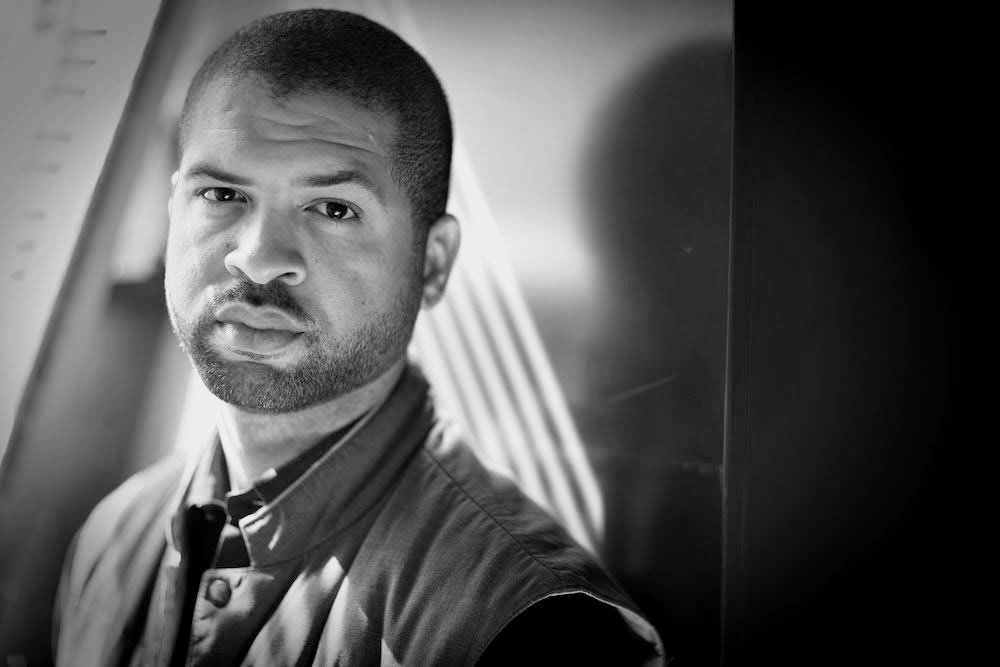
Jason Moran
-

Larry Ossei-Mensah
-

Esther Park
-

Howard Pinderhughes
-

Raquel Pinderhughes
-

Jesse Sachs
-

Anna Deavere Smith
-
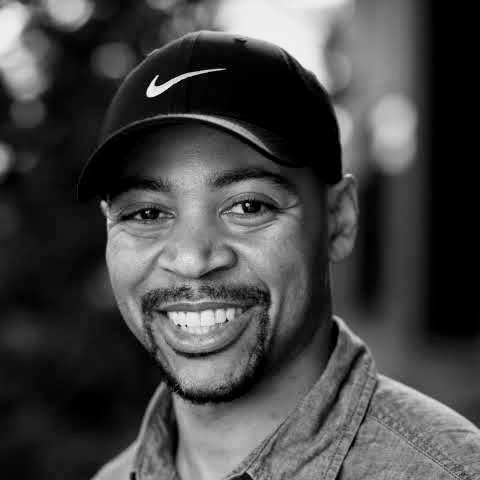
Cyril Walrond
-

Lawrence Dahu Harris
In Memory
